The AbbVie Experiential Internship Program
As an AbbVie Experiential Intern, you’ll participate in a paid, ten to twelve-week summer program that is focused on providing students with robust projects throughout the summer. As an intern, you will be located at our corporate headquarters in north suburban Chicago, with housing and shuttle services for eligible students. Throughout the summer, there are planned development and networking activities for the interns.
The purpose of the internship is to provide meaningful, professional hands-on experience to students with proven academic performance and leadership potential. AbbVie hires students into this internship program based on business need. Ideal candidates will combine technical and business knowledge with analytical strength and creative problem-solving abilities.
Department Overview – Health Economics and Outcomes Research (HEOR)
AbbVie’s Health Economics and Outcomes Research (HEOR) division generates innovative, high-impact evidence to help define the unmet need and value of innovative therapies to relevant stakeholders. HEOR strives to:
Inform strategic decisions and help ensure that patients can access and benefit from appropriate therapies
Develop and guide pricing & reimbursement strategies based on evaluation of public health policy & reimbursement environment and scientific collection & analysis of clinical, economic and patient-reported outcomes data
Leverage innovative research approaches and partnerships to maximize the use of real-world evidence (RWE) and patient-centric outcomes research for informing internal and external decisions that positively impact patient lives.
Assignment Details
Intern assignments may include, but are not limited to, literature reviews, patient-reported outcomes studies, retrospective claims database analyses, prospective observational studies, and economic model development. Intern may work in one or more disease states within the areas of Immunology, Oncology, Neuroscience, Virology, Endocrinology and Women’s Health to support efforts for on-market or pipeline assets. Tasks may include conceptualizing research plans, protocol development, managing vendors, and writing/ presenting results. Interns may develop analysis plans and conduct analyses of internal databases and/or clinical trial data. Interns may assist in creation of scientific materials like slide decks, white papers, abstracts or manuscripts for disseminating research findings to internal/external audience. Intern will be responsible for attending team meetings, department meetings, and cross-functional team meetings to gain a better understanding of the role of HEOR within the biopharmaceutical industries and at AbbVie.
Basic:
Must be currently enrolled in a graduate level program (Master’s or PhD) at an accredited university, preferably in the fields of pharmacy, medicine, health services research, health economics, health policy, epidemiology, statistics, data analytics, economics and psychology and related disciplines in life sciences
Strong academic performance, minimum cumulative GPA = 3.0/4.0
Completed at least one year of graduate level studies prior to internship experience
Must be enrolled in an accredited program for at least one additional semester following your internship
Must be authorized to work in the U.S. on a permanent basis without requiring sponsorship (students on an F1 visa with CPT can be accommodated).
Preferred:
Doctoral Candidate with prior research experience in healthcare
Relevant advanced course work in areas such as pharmaceutical economics, health policy, epidemiology, psychometrics, research methods or statistics.
Exceptionally demonstrated interpersonal skills
Proven leadership skills
Demonstrated oral and written communication skills
Proficiency in Microsoft Word, Excel, and PowerPoint
Adept in data analysis using statistical package (e.g. SAS) and advanced analytical approaches
Prior experience in conducting literature reviews
To apply, click HERE.
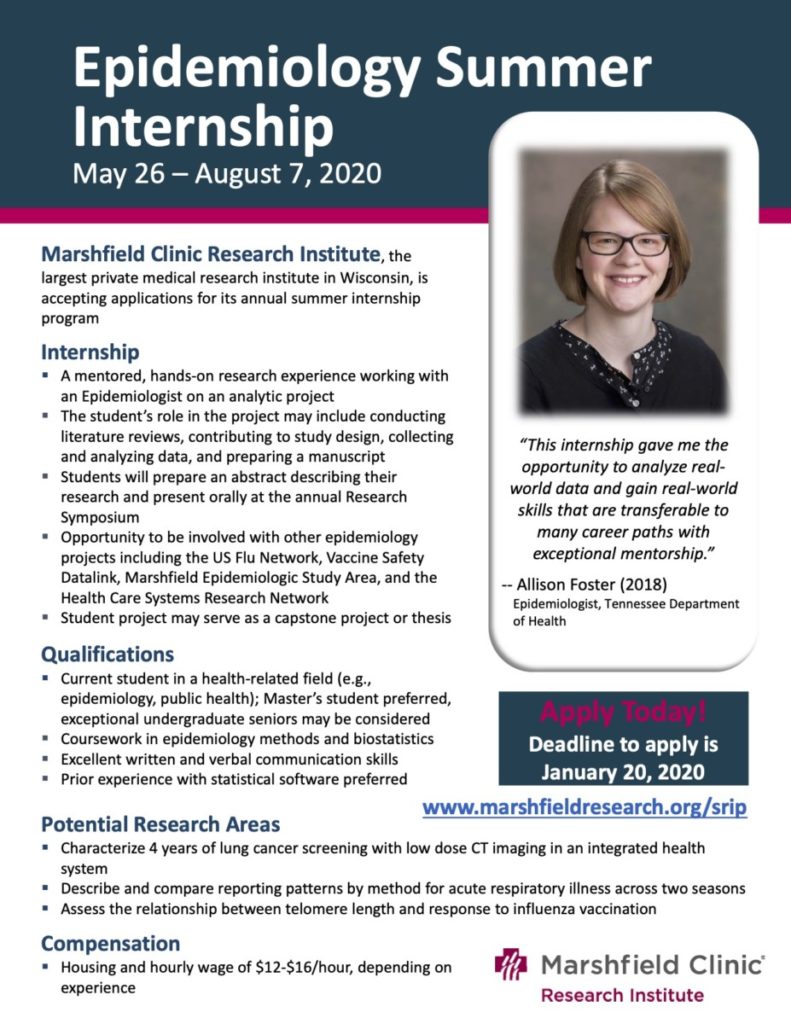


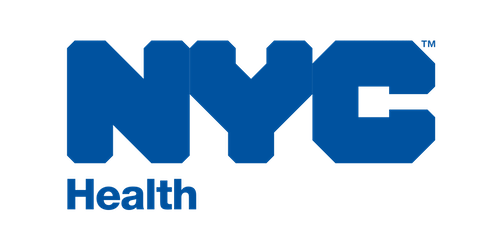
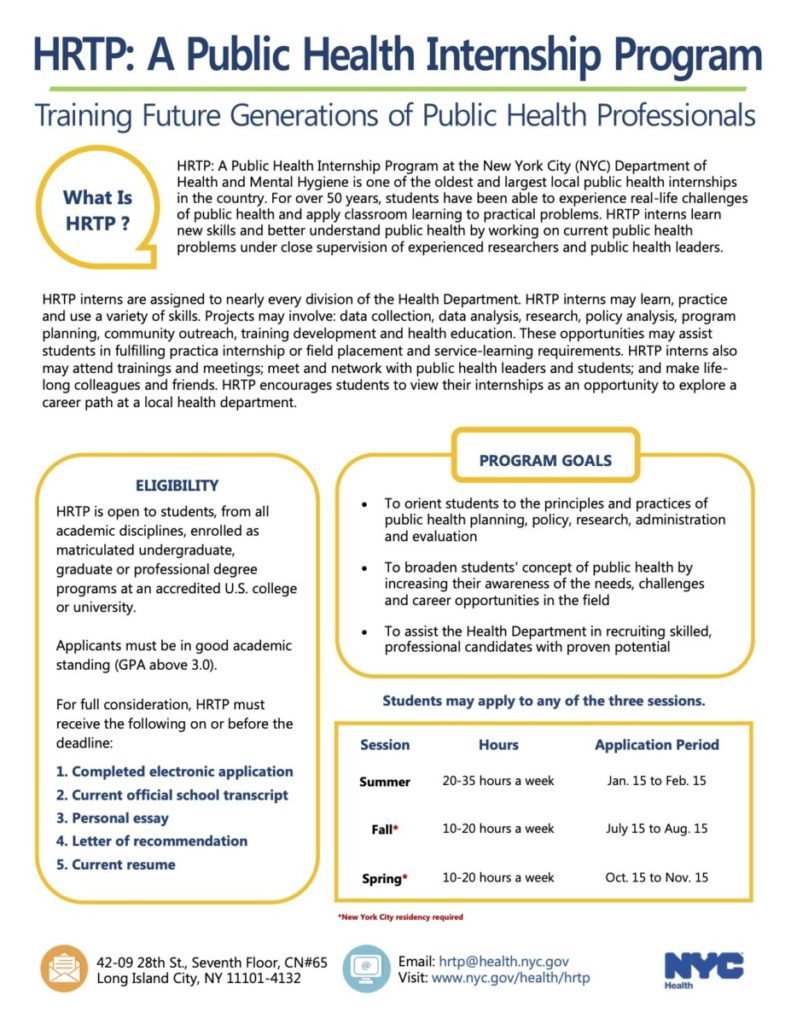
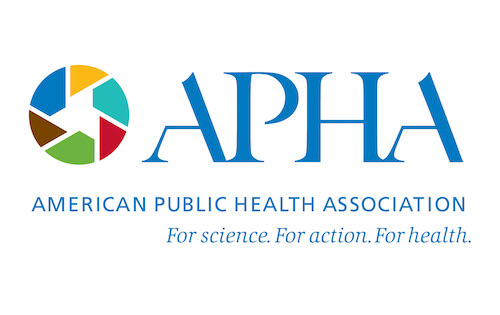
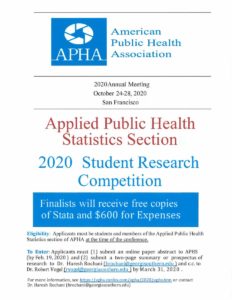


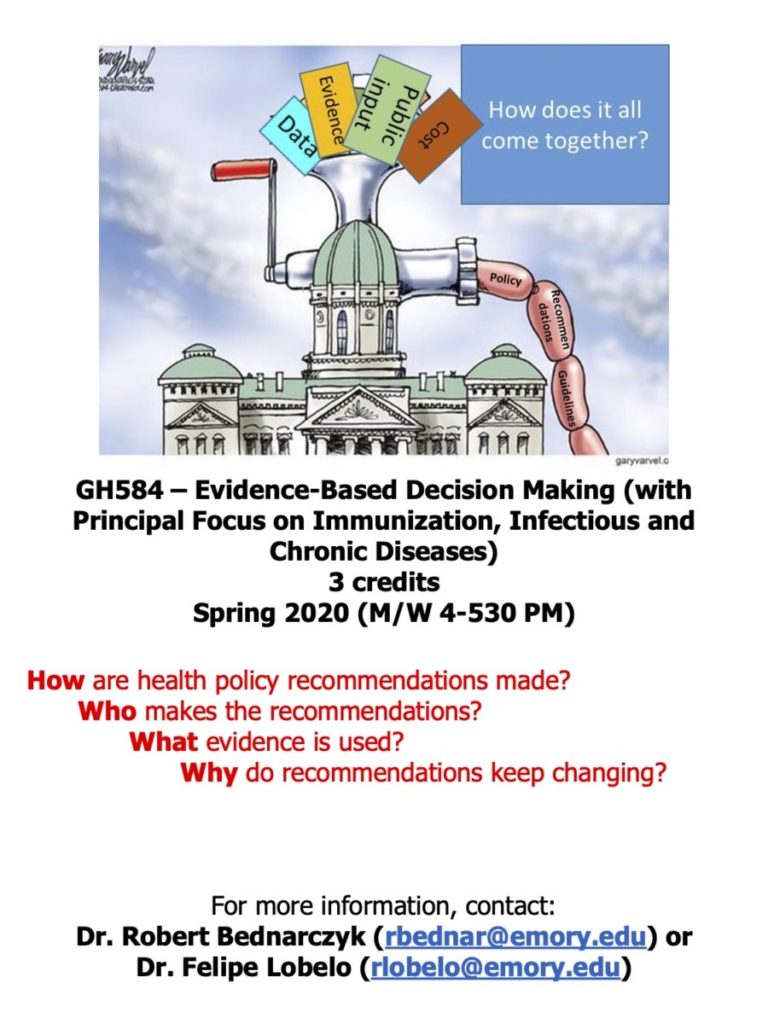

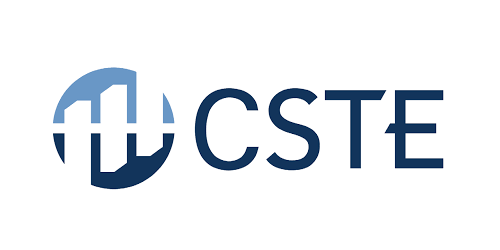
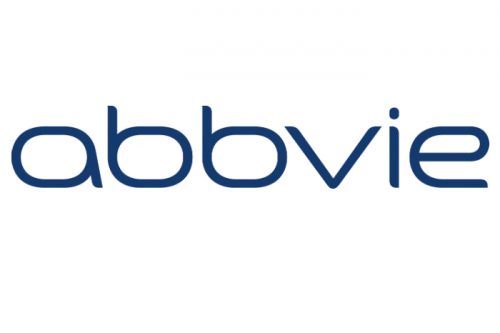

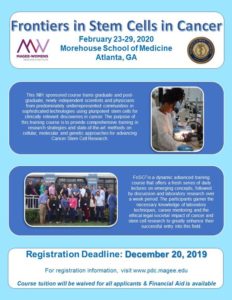
Recent Comments